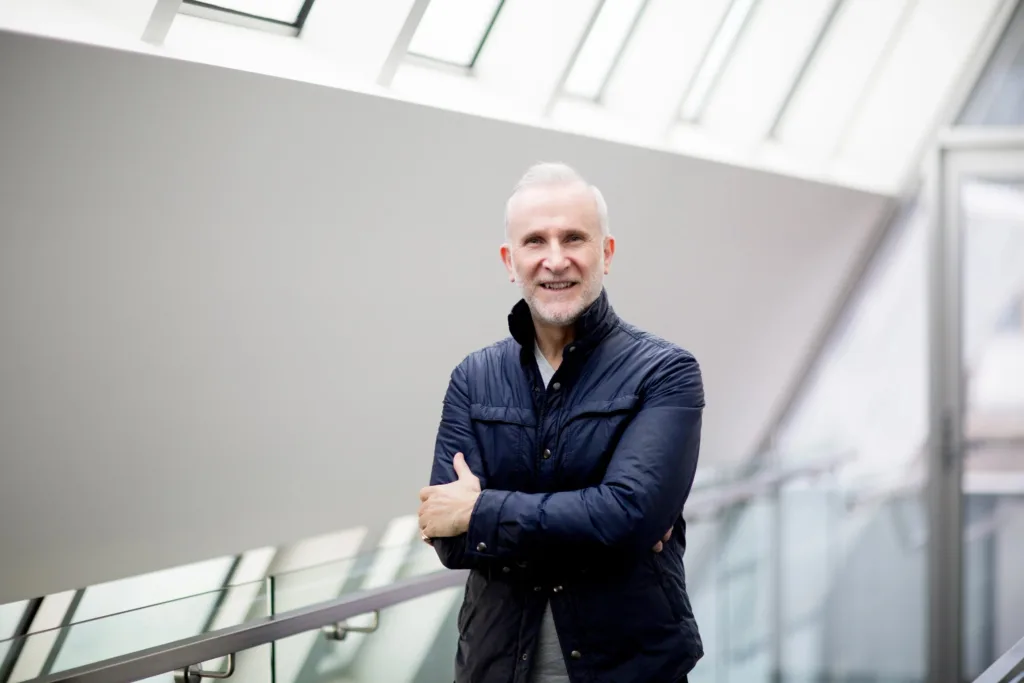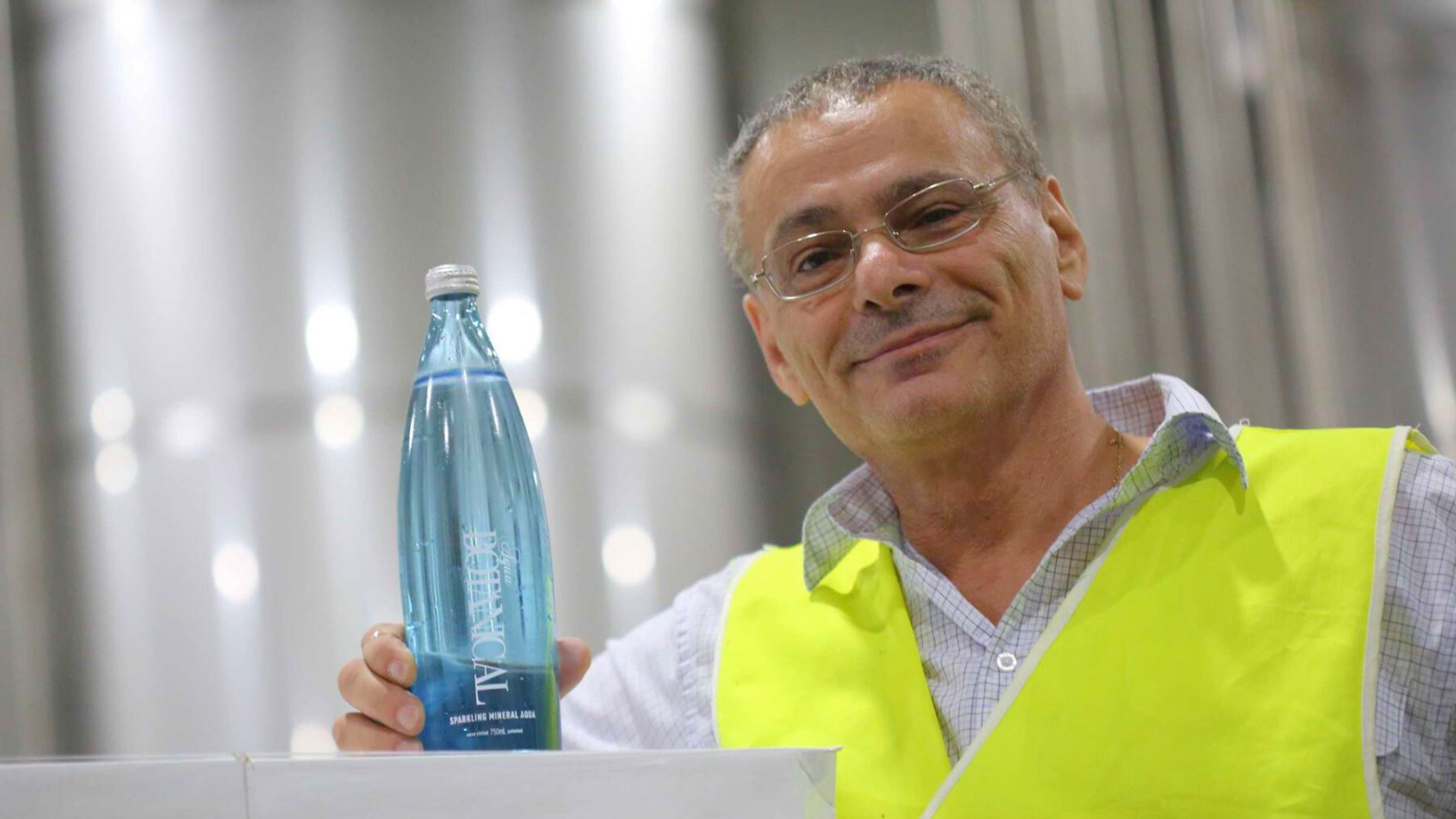A Melbourne businessman and former CEO of Aqua Botanical, Terry Paule, has been embroiled in a legal dispute with chemist Bruce Kambouris and former Aqua Botanical CEO David Driver over financial and business dealings related to the company.
Kambouris, who developed Aqua Botanical’s groundbreaking system to convert vegetable waste into drinking water, faced financial struggles while attempting to sustain the business. Living in a factory room in Mildura, he resisted Paule’s efforts to gain a disproportionate stake in the company despite inadequate initial funding.
According to The Australian, the legal case was heard in the NSW Supreme Court, which delivered a judgment on November 8, 2024. The court ordered Paule to pay $24.4 million to Kambouris and Driver, citing breaches of agreements and fiduciary duties.
While some claims were successful, it is important to note that allegations of “unconscionable conduct” brought under the Australian Securities and Investments Commission Act 2001 (sections 12CA and 12CB) were dismissed by Justice Michael Ball. The court ruled that these claims failed to meet the required standards of evidence, as detailed in paragraphs 168 to 183 of the judgment.

The court heard Paule manipulated corporate structures to strip control of the technology from Kambouris and Driver, ultimately relocating intellectual property to a UK entity without their approval. This move diluted their shares to 49.8% and excluded them from directorships, despite prior assurances.
Justice Ball described Kambouris and Driver as “vulnerable to abuse” by Paule due to their lack of corporate resources.
The case also involved allegations concerning Paule’s use of company funds raised for Aqua Botanical to cover legal expenses. However, Justice Ball found that there was insufficient evidence to support these claims. Specifically, in paragraph 187 of the judgment, the court noted that the material provided did not establish that these actions were contrary to the interests of shareholders or unfairly oppressive.
This ruling has brought both clarity and controversy to a case that has attracted significant public interest. While some aspects of the court’s findings were unfavourable to Paule, others, including serious allegations of unconscionable conduct and misuse of funds, were rejected outright.
Paule maintains that he acted within the bounds of corporate governance and plans to appeal certain elements of the decision.
Source: The Australian.
Editor’s Note: This article has been updated to clarify the findings of the NSW Supreme Court judgment in the case involving Terry Paule. The original version included inaccuracies regarding the court’s rulings on unconscionable conduct and the use of funds.
